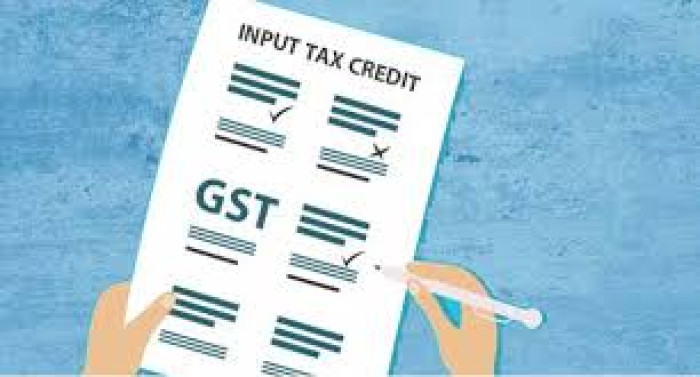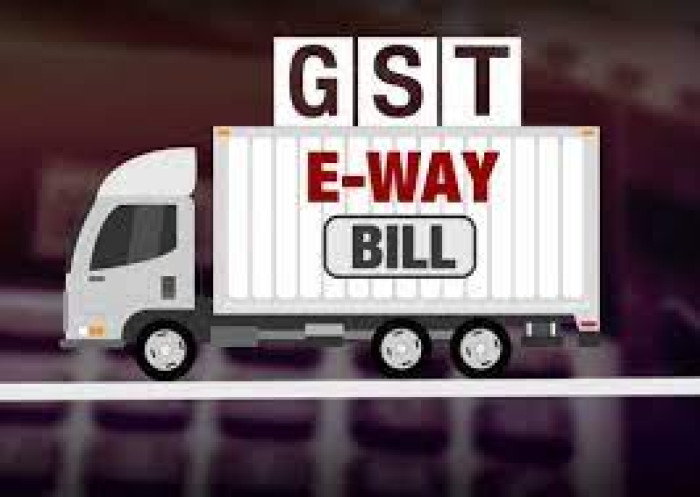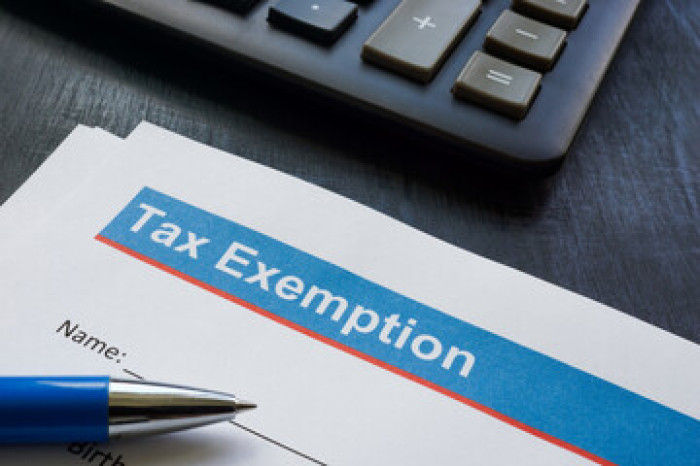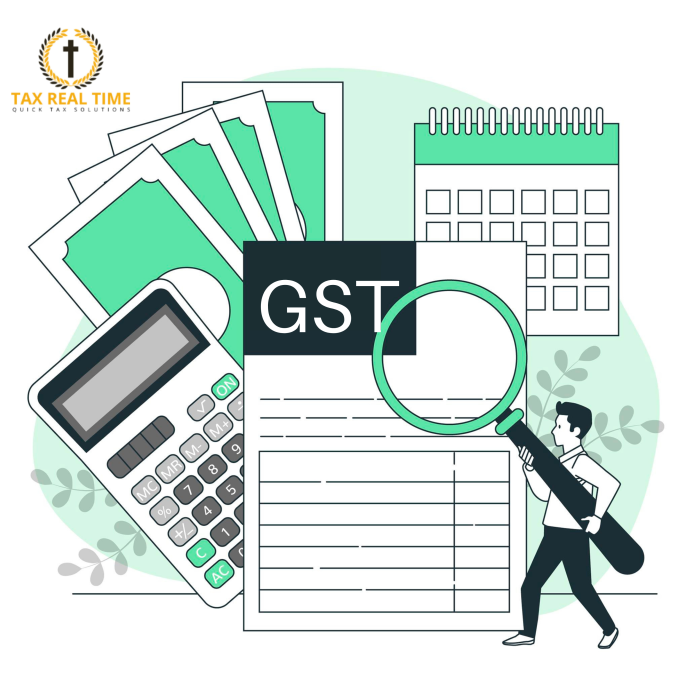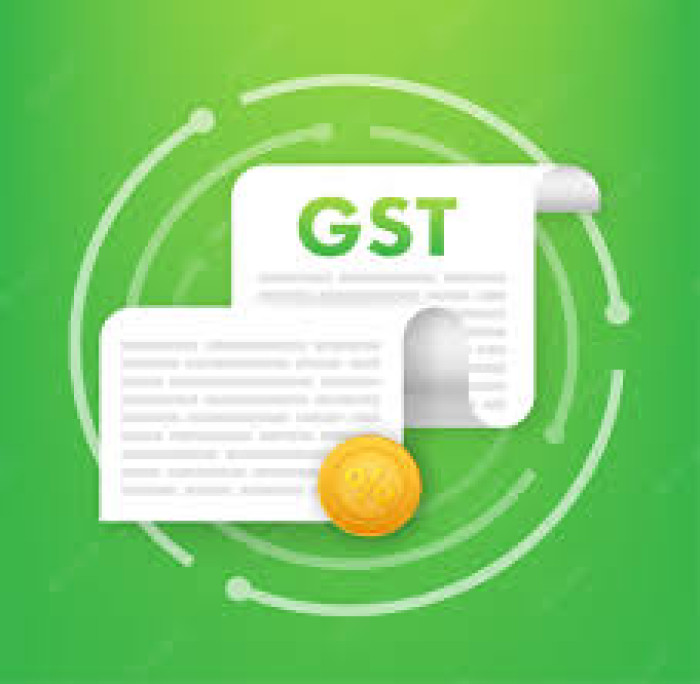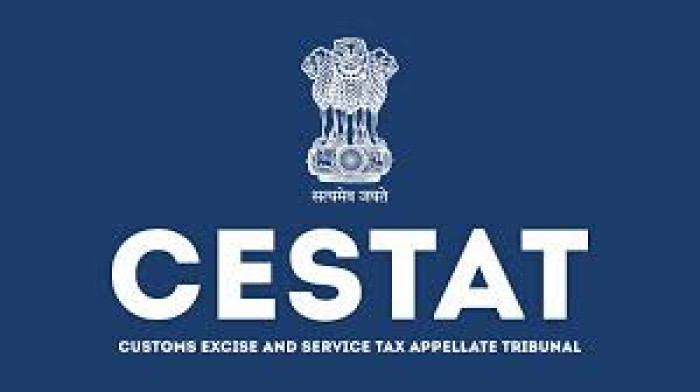GST – Allahabad High Court: Expiry of e-way bill due to vehicle breakdown is not tax evasion; Seizure and penalty quashed [Order attached]


The Allahabad High Court recently ruled in favor of M/s Trimble Mobility Solutions India Pvt. Ltd., quashing the seizure and penalty orders previously imposed due to an expired e-way bill caused by a vehicle breakdown. The case revolved around the transportation of GPS devices, which were initially accompanied by valid tax invoices and e-way bills. During transit, the vehicle broke down, necessitating the transfer of goods to another vehicle. This incident led to the expiration of the e-way bill on December 20, 2022. A new e-way bill was generated on December 22, 2022, but the goods were intercepted, leading to proceedings under Section 129(3) of the CGST Act.
The authorities had issued a seizure and penalty order on December 27, 2022, which was upheld on appeal in June 2023. The petitioner argued that the expiration was due to unforeseen circumstances and not an attempt to evade taxes, citing several legal precedents. The Court agreed, noting that the delay was solely due to a mechanical breakdown, an uncontested fact. Furthermore, a new e-way bill had been generated before any punitive order was passed.
Ultimately, the Court concluded that the mere expiration of an e-way bill under such circumstances does not indicate an intent to evade taxes. Consequently, the seizure and penalty orders, along with the appellate decision, were annulled, and the writ petition was allowed, setting aside all related proceedings.
Your free trial / membership plan is expired.
Kindly subscribe to get complete access to indirect tax updates and issue wise cases
Why subscribe to us ?
Get complete access to news updates and download copy of case laws/ notification/ circular etc.
Be a part of our WhatsApp group and read real time indirect tax updates
Access to ready case laws of General Issues and Industry Wide Issues under GST
Access to relevant provisions of law / circular in respect to the issues, along with trail of their amendments
Write your GST query to us for evaluation
Subscription Charges:*
Indirect tax updates -
6 months @299 / 1 Year @499 only
Indirect tax updates + Issue wise cases -
6 months @1199 / 1 Year @1999 only
*Plus applicable GST
Admin
17-Oct-2025 12:37:44
The Allahabad High Court recently ruled in favor of M/s Trimble Mobility Solutions India Pvt. Ltd., quashing the seizure and penalty orders previously imposed due to an expired e-way bill caused by a vehicle breakdown. The case revolved around the transportation of GPS devices, which were initially accompanied by valid tax invoices and e-way bills. During transit, the vehicle broke down, necessitating the transfer of goods to another vehicle. This incident led to the expiration of the e-way bill on December 20, 2022. A new e-way bill was generated on December 22, 2022, but the goods were intercepted, leading to proceedings under Section 129(3) of the CGST Act.
The authorities had issued a seizure and penalty order on December 27, 2022, which was upheld on appeal in June 2023. The petitioner argued that the expiration was due to unforeseen circumstances and not an attempt to evade taxes, citing several legal precedents. The Court agreed, noting that the delay was solely due to a mechanical breakdown, an uncontested fact. Furthermore, a new e-way bill had been generated before any punitive order was passed.
Ultimately, the Court concluded that the mere expiration of an e-way bill under such circumstances does not indicate an intent to evade taxes. Consequently, the seizure and penalty orders, along with the appellate decision, were annulled, and the writ petition was allowed, setting aside all related proceedings.
Order date: 07 Oct 2025
Parties: M/s Trimble Mobility Solutions India Pvt. Ltd. v. State of Uttar Pradesh & Ors.
Facts –
- The petitioner, engaged in providing vehicle tracking services under contract with the National Geo-Spatial Data Centre (Surveyor General of India), transported GPS devices accompanied by valid tax invoices and e-way bills.
- During transit, the transport vehicle broke down, and the goods were transferred to another vehicle.
- The e-way bill expired on 20.12.2022, and though a fresh e-way bill was generated on 22.12.2022 at 11:30 a.m., the goods were intercepted, and proceedings under Section 129(3) of the CGST Act were initiated.
- Authorities passed a seizure and penalty order dated 27.12.2022, later upheld in appeal by order dated 17.06.2023.
- The petitioner argued that expiry of an e-way bill due to genuine vehicle breakdown does not indicate intent to evade tax and relied on multiple precedents including Satyam Shivam Papers (2022 SC), Ashoka PU Foam (2024 All HC), and Ridhi Steels LLP (2024 All HC).
Issue –
- Whether expiry of an e-way bill during transit due to vehicle breakdown amounts to intent to evade tax, justifying seizure and penalty under Section 129(3) of the GST Act?
Order –
- The Court observed that the petitioner had genuine tax invoices and valid e-way bills at the time of movement, and the delay was solely due to mechanical breakdown, which was not disputed by the authorities.
- A fresh e-way bill had been generated before the order under Section 129(3) was passed.
- Referring to earlier coordinate bench judgments, the Court held that mere expiry of an e-way bill does not imply intent to evade tax.
- The seizure and penalty orders dated 27.12.2022 and the appellate order dated 17.06.2023 were quashed.
- The writ petition was allowed, and all consequential proceedings were set aside.
Related Post
Post Category
Your free trial/ membership plan has expired. Kindly subscribe to get complete access of tax news updates.

Why subscribe to us ?
Get complete access to news updates
Access to the Order Copy of the case law/ Notification/ Circular etc
Be a part of our Whatsapp group and read real time tax updates
Access to ready case laws/ circulars on general and industry-wide issues under GST
Submit your GST issues to us for evaluation




